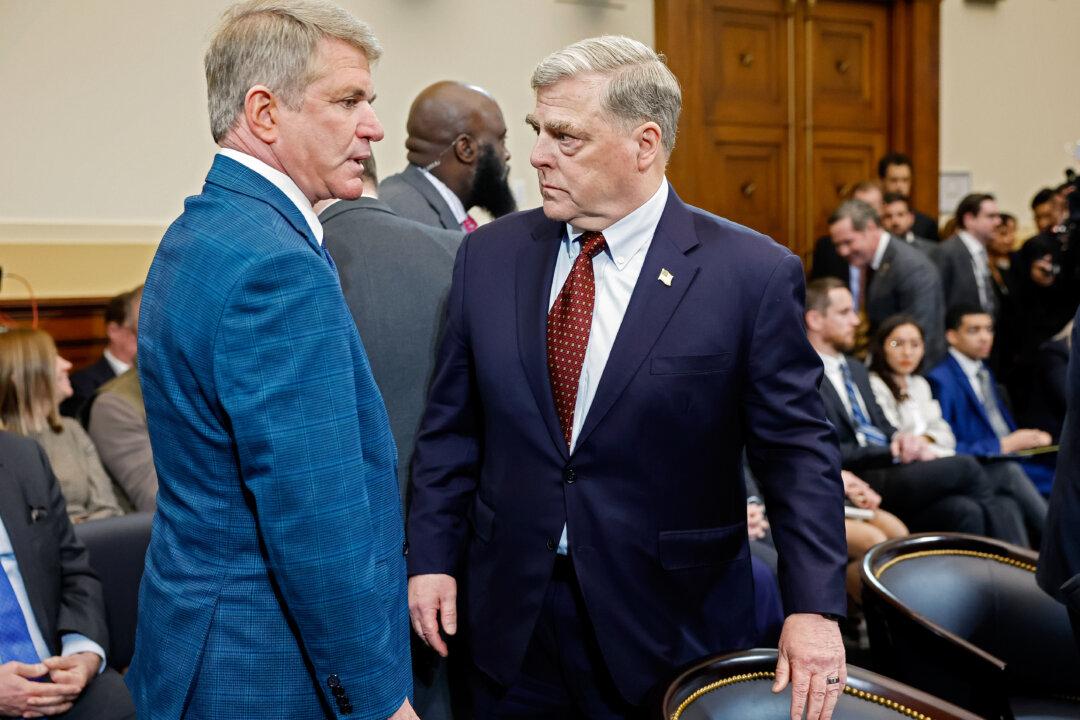The State Department slow-walked the order to evacuate Afghanistan, potentially resulting in the chaos seen during the United States’s 2021 withdrawal, according to the nation’s former top general.
Retired Gen. Mark Milley, who served as the chairman of the Joint Chiefs of Staff during the withdrawal, said that the State Department did not issue the plan to evacuate Afghanistan until mid-August, a whole month after he warned the country could collapse into civil war.




